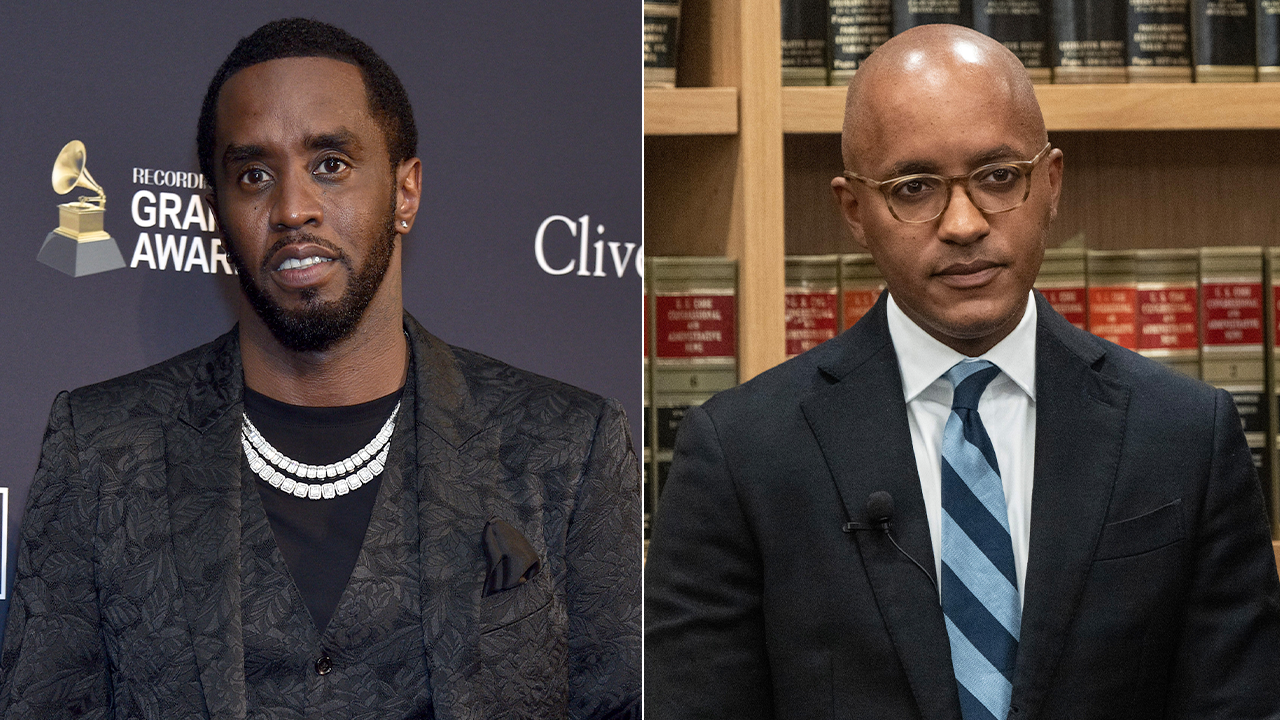“The literature is clear in practice — the effect that this had on socialization, pro-social behavior, if you will, and the ability for people to feel connected and have a community,” Dr. Norris said of the pandemic. “Many of the things that would have normally taken place for people, particularly high school young adults, did not take place,” he added. “And that is still occurring.”
Jade Song, a 27-year-old novelist, counted herself among those who had become increasingly unhappy in recent years.
“It’s mostly because as an adult you suddenly become aware of all the world news and you pay attention more to what you can control, and you realize that there is so little you can control,” Ms. Song, who was not part of the study, said in an interview. “Even if you’re going to protests or paying your rent and bills all on time, it’s so difficult, especially now, to break free from how you’re living your life when you realize how little impact your actions actually have on a broader level.”
In 2022, a Harvard University study showed that well-being among young adults in the United State had declined in the previous 20 years. Young people — those between the ages of 18 and 25 — reported the lowest levels of happiness compared with other age groups, as well as the poorest mental and physical health, sense of purpose, character, virtue, close social relationships and financial stability. Similar findings have emerged in Britain and Canada.
“One factor, which we’re all thinking about, is social media,” said Dr. Robert Waldinger, the director of the Harvard Study of Adult Development. “Because there’s been some research that shows that depending on how we use social media, it lowers well-being, it increases rates of depression and anxiety, particularly among young girls and women, teenage girls.”






